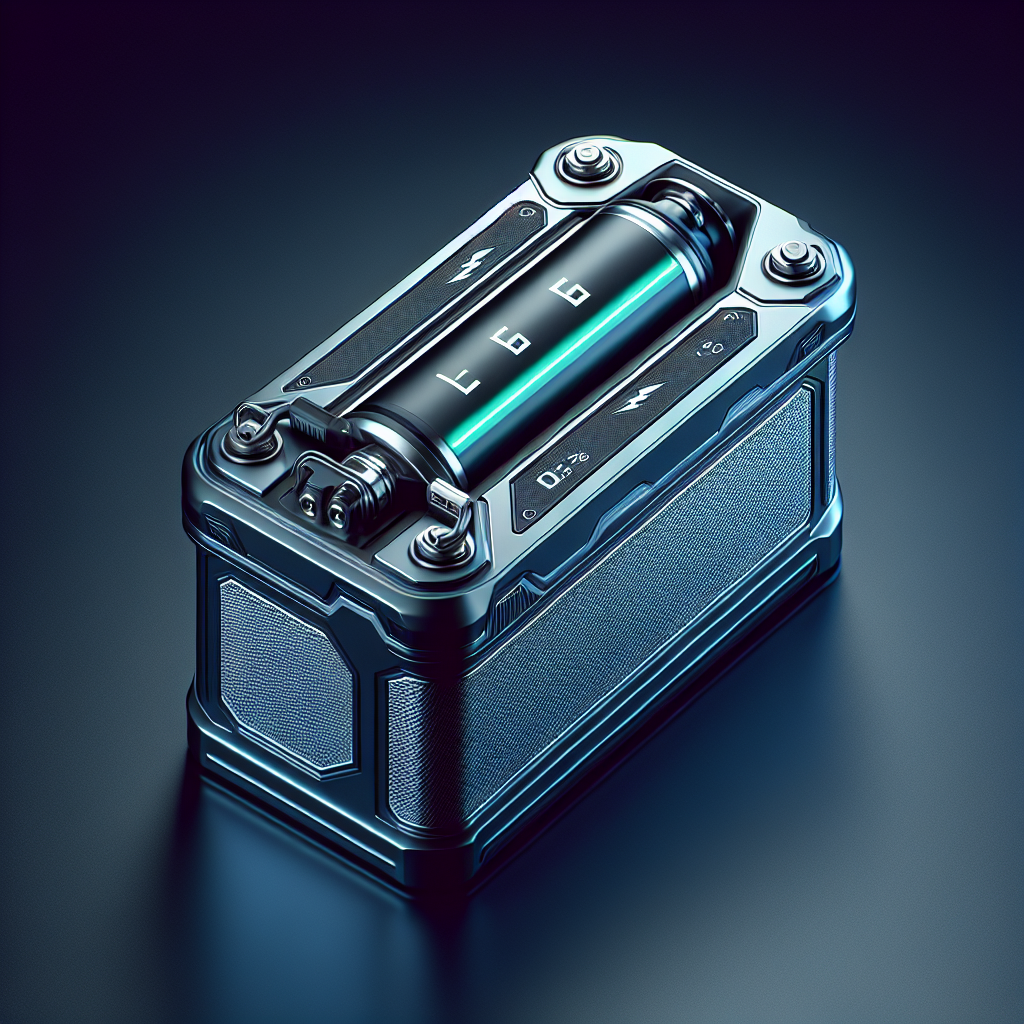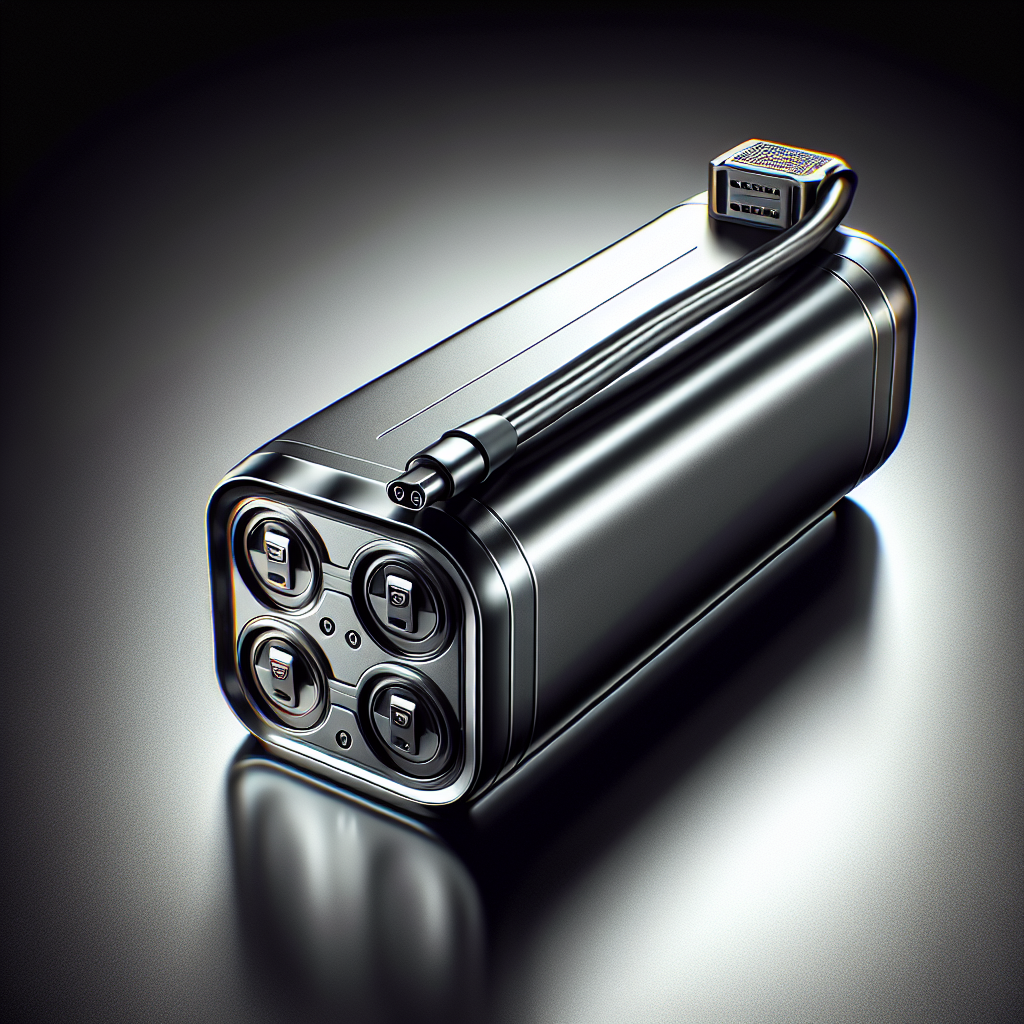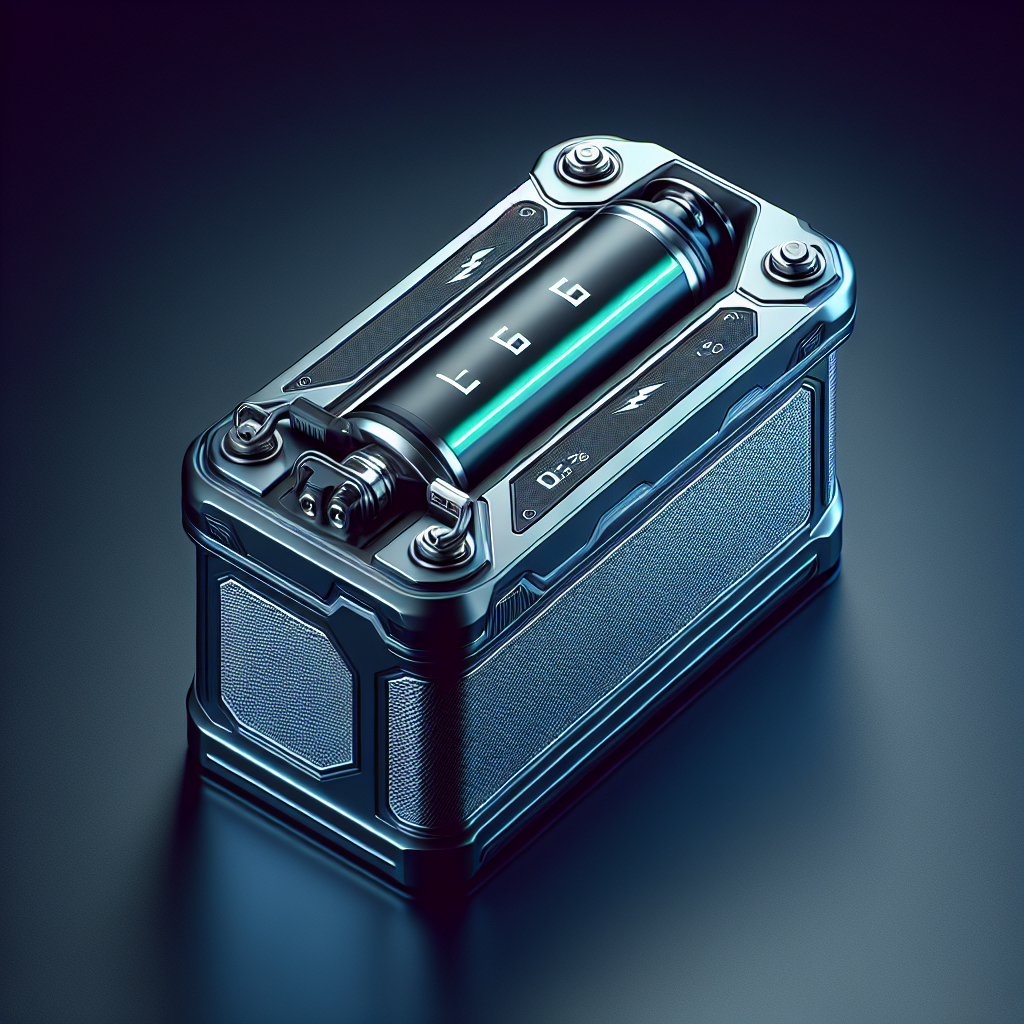If you’re the proud owner of an e-bike, you may find yourself wondering just how long it takes to charge its battery. Whether you’re planning a weekend adventure or simply need to power up for your daily commute, knowing the charging time can make all the difference in your planning. In this article, we’ll explore the factors that influence the charging time of an e-bike battery and provide you with some helpful tips to ensure a speedy and efficient recharge. So, get ready to hit the road with confidence as we unravel the mystery of e-bike battery charging times.
Factors Affecting Charging Time
Charging an e-bike battery is an essential part of owning an electric bike. The time it takes to charge your e-bike battery can vary depending on several factors. Understanding these factors can help you plan your charging routine more effectively and maximize the lifespan of your battery. In this article, we will explore the various factors that affect charging time, such as battery capacity, charging method, battery level, charger output, temperature, and battery age and condition.
Battery Capacity
The battery capacity refers to the amount of energy a battery can store. It is typically measured in ampere-hours (Ah). The higher the battery capacity, the longer it will take to charge. When charging a battery with a larger capacity, it requires more time for the charger to fill it up completely. Therefore, if you have a battery with a higher Ah rating, you should expect a longer charging time.

Charging Method
There are different charging methods available for e-bike batteries, and each method has a different impact on charging time. The standard charging method is the slowest but also the safest. It usually takes several hours to fully charge the battery using this method. On the other hand, fast charging and quick charging methods can significantly reduce the charging time, but they may also have an impact on the overall battery life. Fast charging can be a convenient option when you are in a hurry, but it may cause more stress on the battery cells and decrease their long-term performance.
Battery Level
The battery level at the start of the charging process can also affect the charging time. Charging a battery from empty will generally take longer compared to charging it from a partial charge. When the battery is completely drained, the charger needs to provide more energy to fully recharge it. In contrast, if the battery is already partially charged, the charging time will be relatively shorter. Therefore, it is recommended to top up your battery regularly rather than letting it discharge completely before charging.

Charger Output
The charger output plays a crucial role in determining the charging time of your e-bike battery. The charger’s wattage rating indicates how much power it can output for charging. A higher wattage charger can deliver more energy to the battery, resulting in faster charging times. It is important to use a charger that is compatible with your battery and has the appropriate wattage for efficient charging. Using a charger with a lower wattage rating may cause longer charging times and may not fully charge the battery.
Temperature
Temperature is another factor that can affect the charging time of an e-bike battery. The ideal charging temperature for most e-bike batteries is around 20 to 25 degrees Celsius. Charging the battery at higher or lower temperatures can impact the charging efficiency. When the temperature is too high, the battery cells may be subjected to thermal stress, which can reduce their overall lifespan. Similarly, charging the battery at very low temperatures may slow down the chemical reactions inside the battery and prolong the charging time.
Battery Age and Condition
The age and condition of the battery also play a significant role in charging time. As a battery ages, its overall capacity may decrease, resulting in longer charging times. Moreover, a battery that is poorly maintained or has undergone significant degradation may require more time to charge fully. Regularly inspecting and maintaining your battery can help minimize charging time and prolong its lifespan.
Typical Charging Times
The charging time for e-bike batteries can vary depending on the aforementioned factors. However, it can be helpful to have a general idea of how long it may take. For standard charging, which is the slowest method, it can take anywhere from 3 to 8 hours to fully recharge a battery. Fast charging can reduce this time to around 1 to 3 hours, while quick charging can achieve full charge in as little as 30 minutes. Remember, these times are approximate and can vary depending on the specific circumstances of your battery and charging setup.
Charging Tips
To optimize charging time and maximize the lifespan of your e-bike battery, consider the following tips:
Plan for Longer Charge Times: Always allow enough time for your battery to charge fully. It is better to have a charged battery than to be left with a partially charged one when you need it the most.
Avoid Emptying the Battery Completely: Regularly top up your battery to avoid complete discharge. This will reduce the time required for charging and help maintain the overall health of the battery.
Use Compatible and Reliable Chargers: Use chargers that are specifically designed for your e-bike battery and have the appropriate wattage rating. Using reliable chargers can ensure efficient charging and prevent any potential damage to the battery.
Monitor and Optimize Charging Temperature: Keep track of the charging temperature and try to charge your battery within the ideal temperature range. Avoid extreme temperatures that can affect the performance and lifespan of the battery.
Maintain Battery Health and Condition: Regularly inspect and maintain your battery, ensuring it is clean and free from any damage. Follow the manufacturer’s guidelines for proper battery maintenance to minimize charging time and extend battery life.
Conclusion
Charging an e-bike battery is a necessary routine for every electric bike owner. Several factors can affect the charging time, including battery capacity, charging method, battery level, charger output, temperature, and battery age and condition. By understanding these factors and following the charging tips provided, you can optimize the charging time of your e-bike battery and ensure its longevity. Remember to always prioritize safety and reliability when selecting chargers and maintaining your battery to enjoy hassle-free rides on your electric bike.

